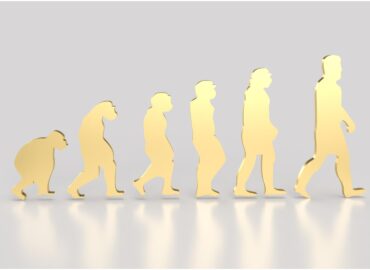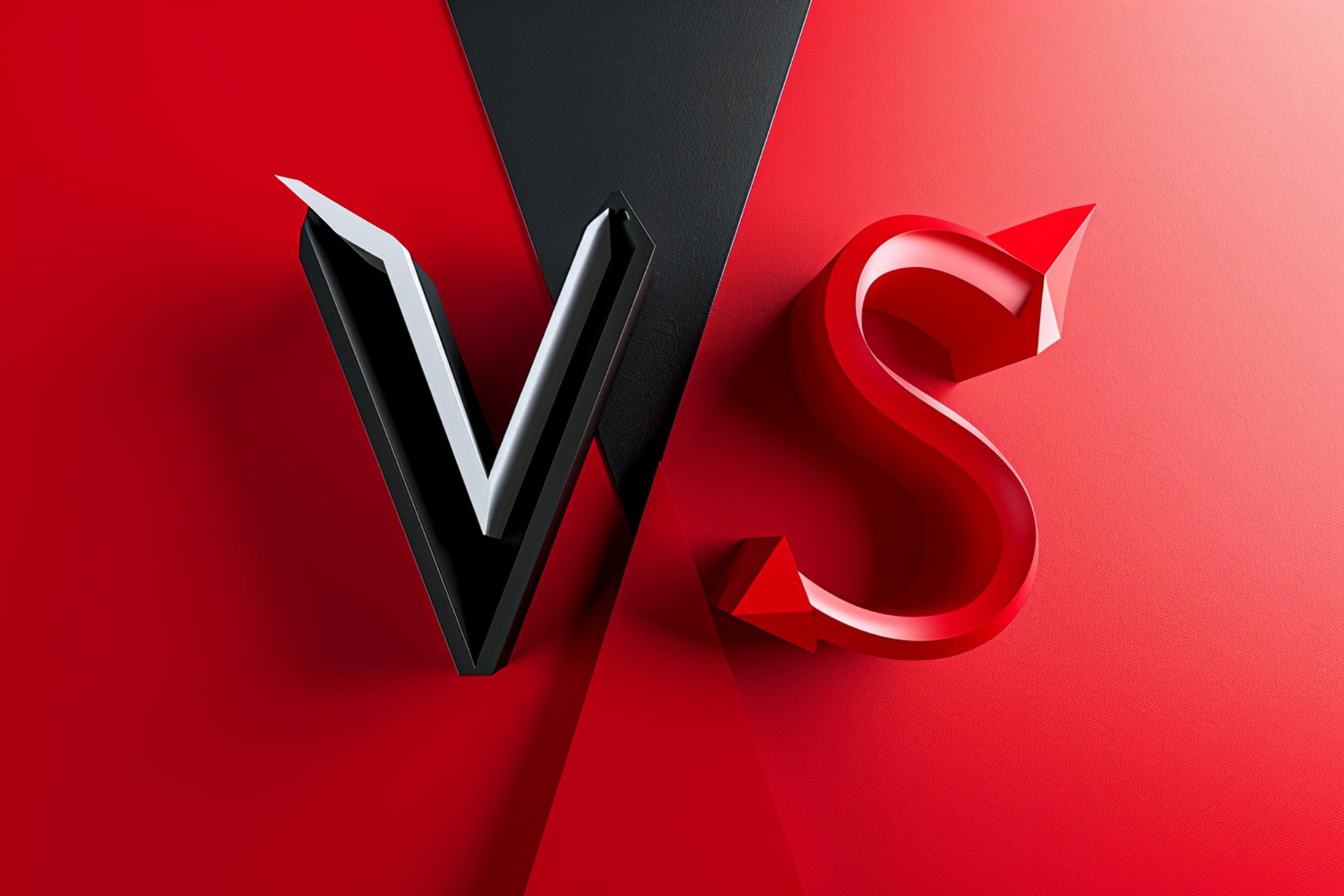Tags:
Top Related Post

By: Peopleblox
November 20, 2025
Succession Planning for Leaders Is Not a Spreadsheet

By: Peopleblox
October 31, 2025

